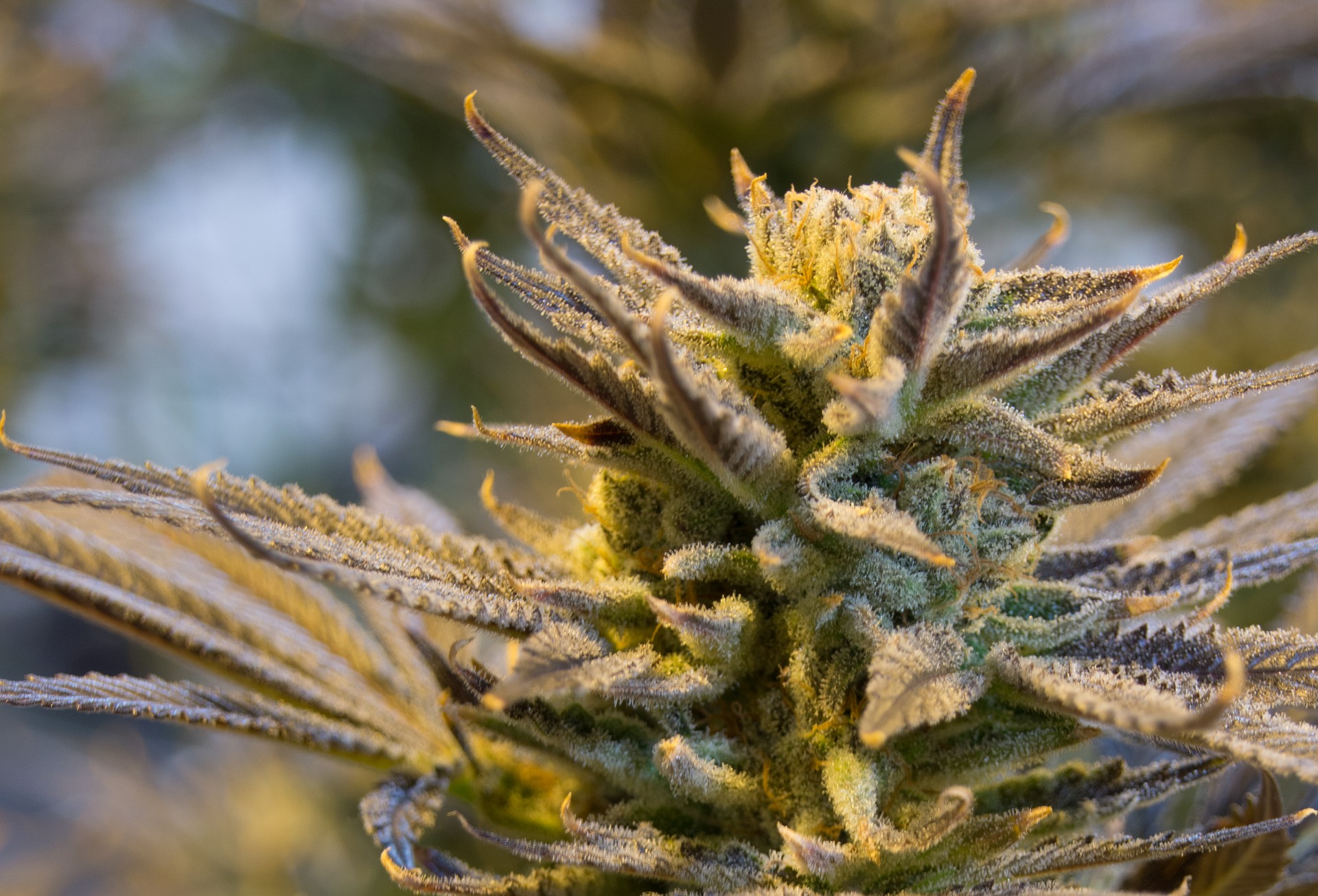UCL study reveals potential treatment methods for psychosis from sustained use of high-strength cannabis.
CBD, according to a study, may reduce the risk of mental health issues brought about by high-strength strains of cannabis.
Scientists at University College London have found that cannabidiol properties carry the potential to alleviate serious side effects of strong recreational cannabis like ‘skunk’.
Sustained use of skunk has long-been connected with the symptoms of some serious mental health patients, but the work at UCL may demonstrate how an ingredient of the same plant can be used to counteract the side effects.
The researchers are moving studies toward the conclusion that elevated levels of CBD in cannabis can create a ‘buffer’ to the side effects.
They discovered that plant strains with a higher level of CBD than the hallucinogenic chemical tetrahydrocannabidiol (THC) reduced the amount of disruption to the parts of the brain associated with addiction and psychosis.
The discovery was supported by users reporting a reduction in the sensation of being high on the drug with a greater amount of CBD than THC.
Reporting in the Journal of Psychopharmacology, Dr Matt Wall of UCL said the findings were important in the search for treatments of psychosis.
“Over the last two decades, rates of addiction and psychosis linked to cannabis have been on the rise, while at the same time stronger strains of cannabis with more THC and less CBD have become increasingly common,” he said.
“We have now found that CBD appears to buffer the user against some of the acute effects of THC on the brain.”
A cannabis plant contains a large collection of complex chemicals called ‘cannabinoids’. Its most potent and common chemical is tetrahydrocannabidiol. Cannabidiol – or CBD – is the second most abundant.
One of the driving forces behind the UCL study is the fact that London – where the recreational use of cannabis is illegal – has one of the highest rates of diagnosed psychosis in Europe.
Trials at the University of Central London used MRI scans to monitor the effects of different cannabis strains, noting that a region of the brain called the posterior cingulate had neuron signals disrupted by low-CBD skunk.
A knock-on effect appeared to be an interference of the neuron network linked with sensory and emotional information – the ‘salience networks’.
A disruption of these neuron networks is believed to the clinical connection with psychosis and addiction. However, the UCL study suggests CBD could form the framework of medicinal treatment.
Want to keep up-to-date with what’s new in the legal cannabis industry? Follow The Leaf Desk.


